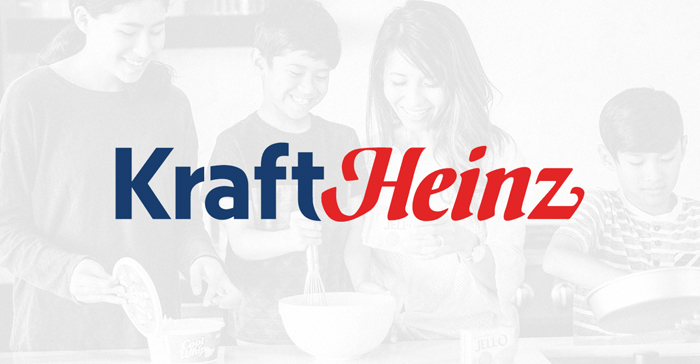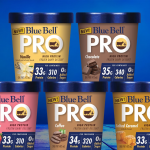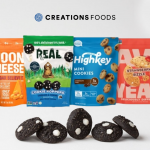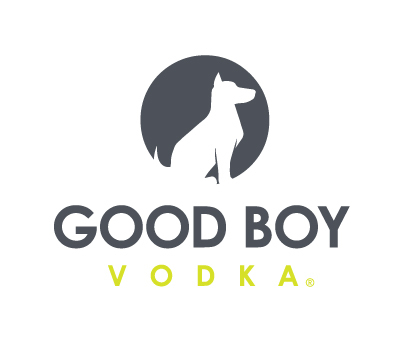Kraft Heinz Reports Double Digit Sales; Talks Private Label and Supply Chain Strategy

Global food giant Kraft Heinz reported a 10% increase in organic net sales this quarter, despite retail volumes decreasing approximately 4%. During a call with investors this morning, CEO Miguel Patrico attributed the performance to three core pillars – GROW brands, Foodservice and Emerging Markets – “hitting on all cylinders.”
According to Patrico, the sales growth was also supported by Kraft’s decreased exposure to private label competition in comparison to pre-pandemic levels, 11% versus to 17% previously, and noted that it operates well below the industry average of approximately 20% portfolio competition. This has allowed the company to capitalize on the current demand for private label through in-store activations like its Art of the Burger campaign where retailers paired their private label burger products like patties and buns with Kraft-Heinz condiments and cheese slices.
Additionally, Carlos Abrams-Rivera, EVP and president of Kraft Heinz North America, said the company has observed retailers increasing prices of private label products in line with the increases seen among branded items leading to a decreased price disparity when consumers are weighing their options on-shelf.
The company is still lagging behind on its continued post-pandemic retail inventory rebuild, Patrico noted, due to continued supply chain disruptions and, partially, to its “sequential” rebuild strategy. Kraft accelerated the rebuild this past quarter, ramping production up 10%, but said it will not maintain that momentum as it aims to fully restore back-stocks by the end of the year. Patrico noted that the company cannot yet say what a fully restocked inventory level will be due to shifting consumer preferences, inventory reviews and incremental actions from retailers to reduce inventories in the years leading up to the pandemic.
“In this difficult environment, we understand that operational excellence and delivering relevant solutions for consumers is critical,” said Patrico. “Our teams have demonstrated an ability to anticipate and adapt across our supply chain, and to work alongside our retailers in developing impactful consumer solutions.”
While supply for raw materials has impacted production rates, Patrico affirms that disruptions caused by the war in Ukraine, including strained wheat and edible oil supplies, have had a “negligible” impact on Kraft’s overall business thus far. He notes that the avian influenza has caused increased prices from poultry suppliers, but has not yet led to a shortage of raw materials. Patrico notes that due to the company’s scale, it has been able to navigate and adapt to supply chain pressures better than smaller companies.
“The point about [raw material] availability has been around for a long time now, before the war,” said Patrico. “Every day, there’s one raw material that is short because the supply chain is very tight, overall. I think that a company with our scale should be able to navigate better and there are examples of that every day.”
One way it is becoming more agile is through strategic product reformulations. Earlier today, the company announced it would cut the sugar contents of juice pouch brand Capri Sun 40% by swapping in monk fruit. The move to reduce sugar will also help it better hedge against the volatile commodity markets, like cane sugar, Patrico noted.
Additionally, its previously announced partnerships with Microsoft and Google will develop technology that will allow it real-time information in all aspects of its value chain and serve as an integral tool to navigating challenges as they arise, he said. Kraft has also deployed a new internal strategy to make its North America teams more effective within the current operating environment.
“We’ve evolved our structure to be flatter and leaner, with multidisciplinary teams and missions to attack our largest priorities [at any given time],” Patrico explained. “In North America, we actually instituted a rule of 5 – where [there’s] only 5 levels between myself and the intern positions in business units.”

















